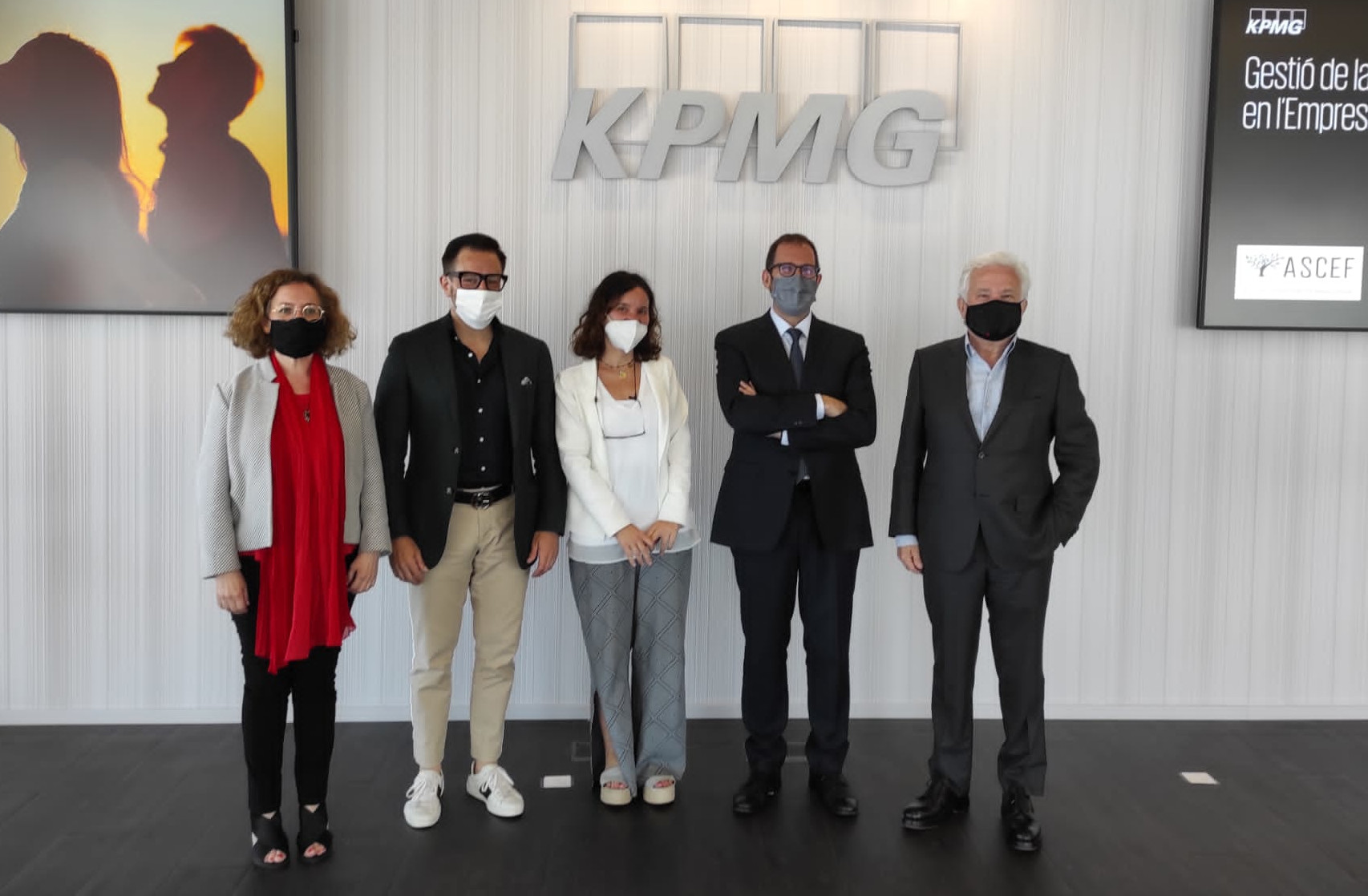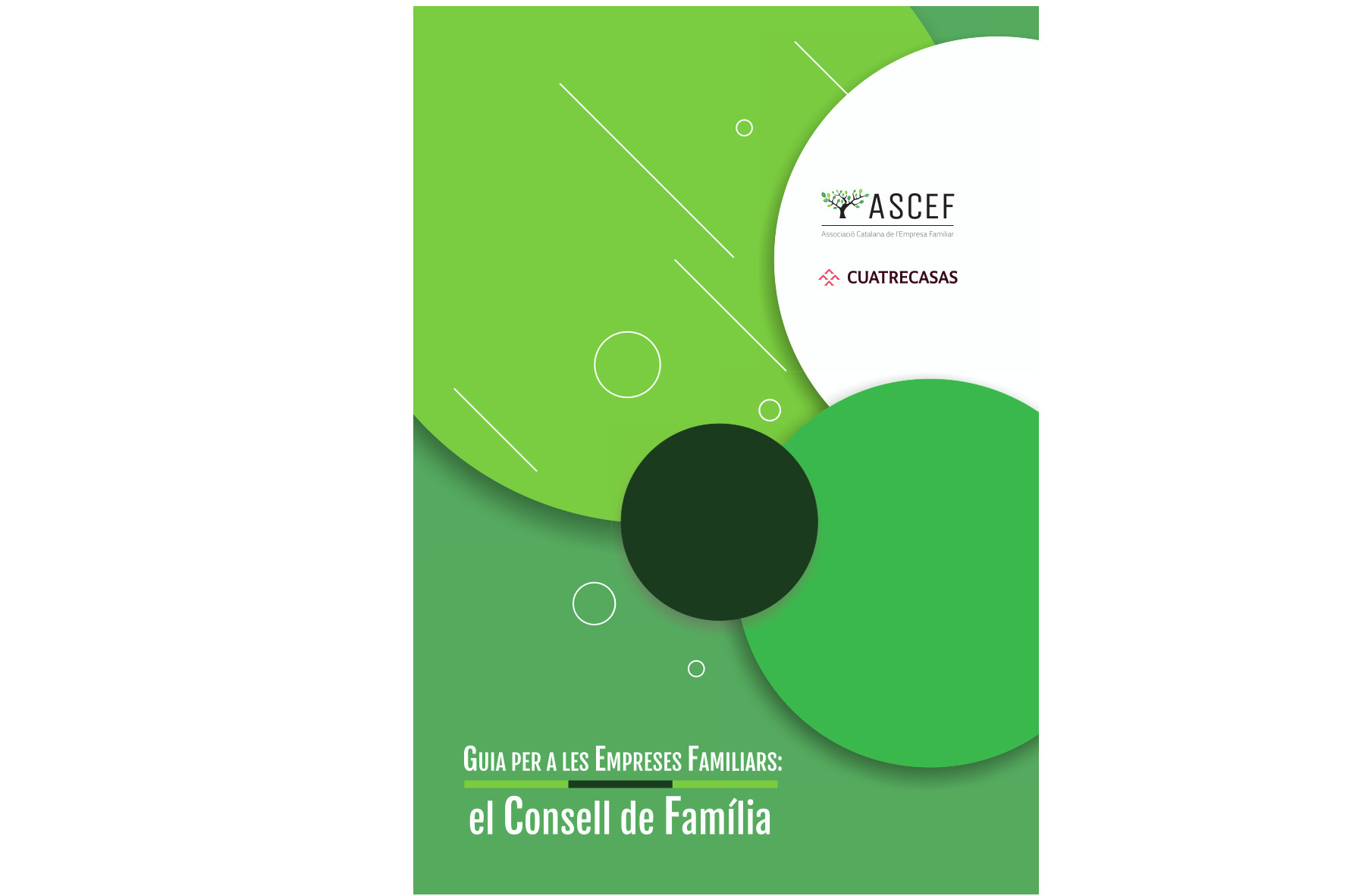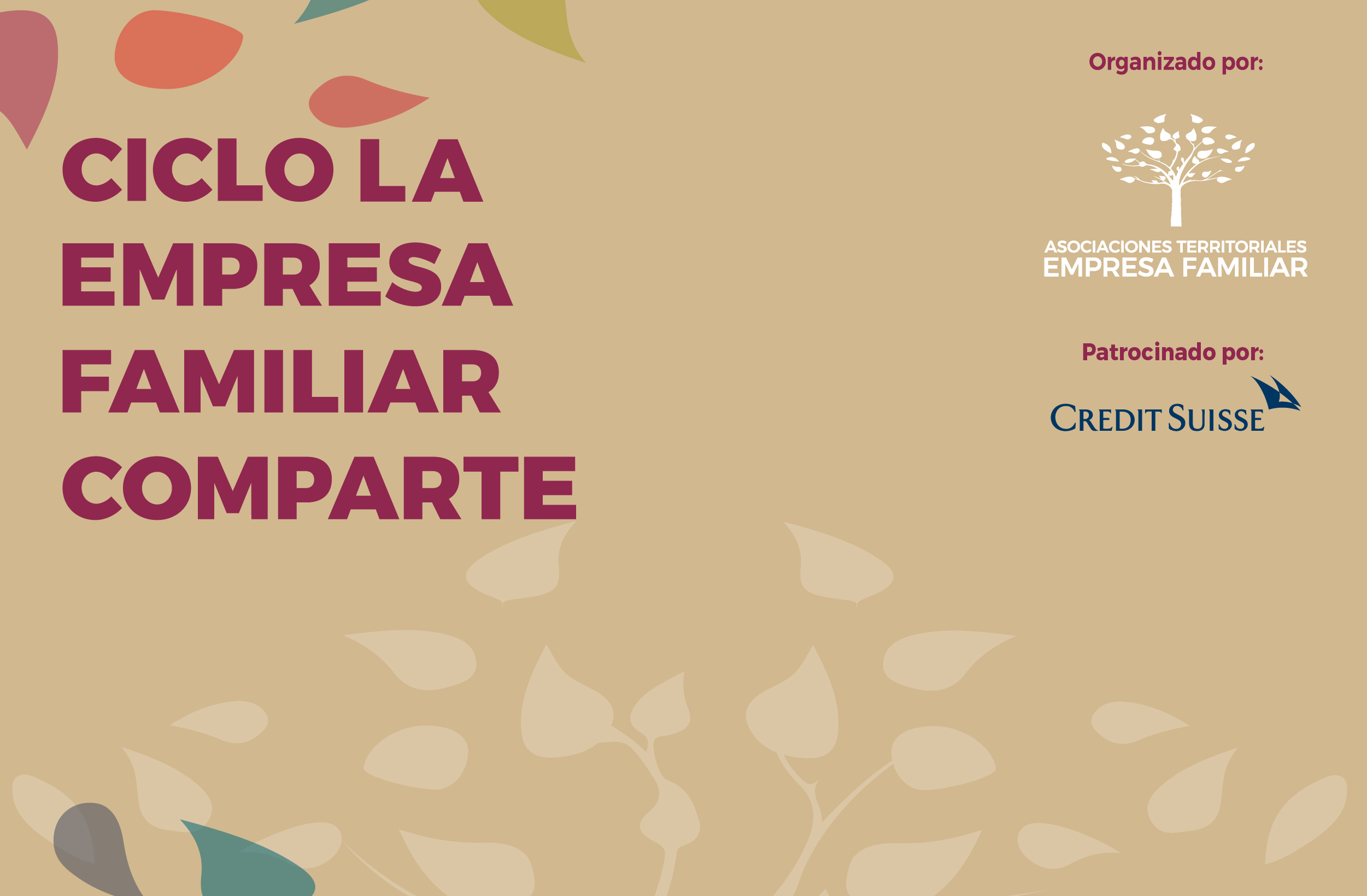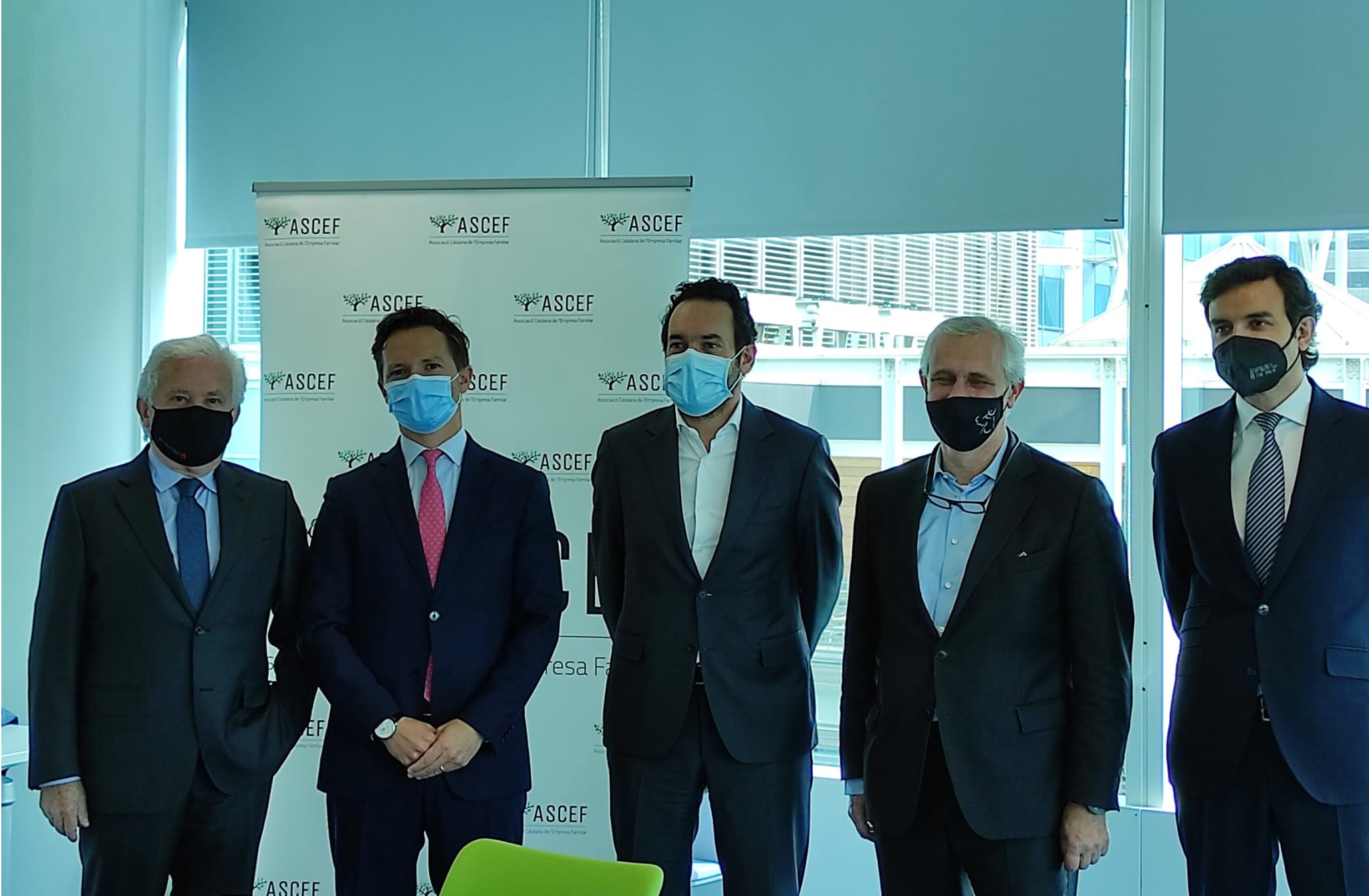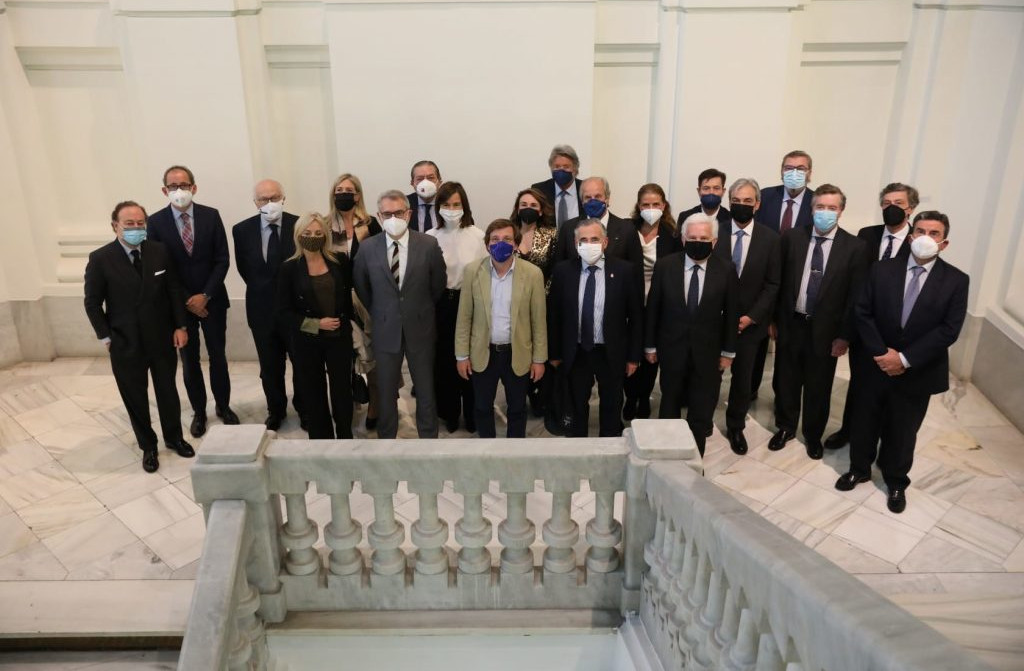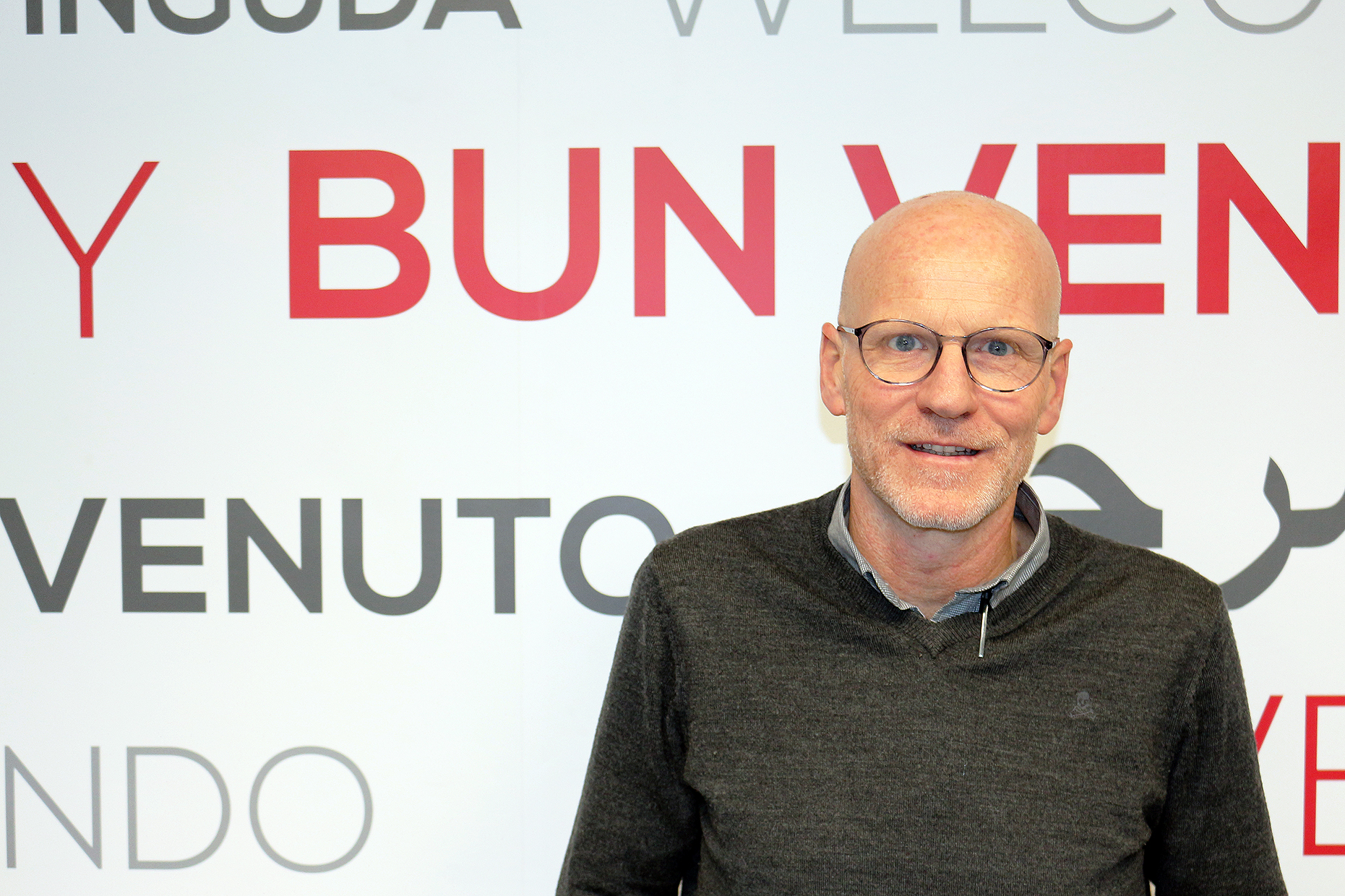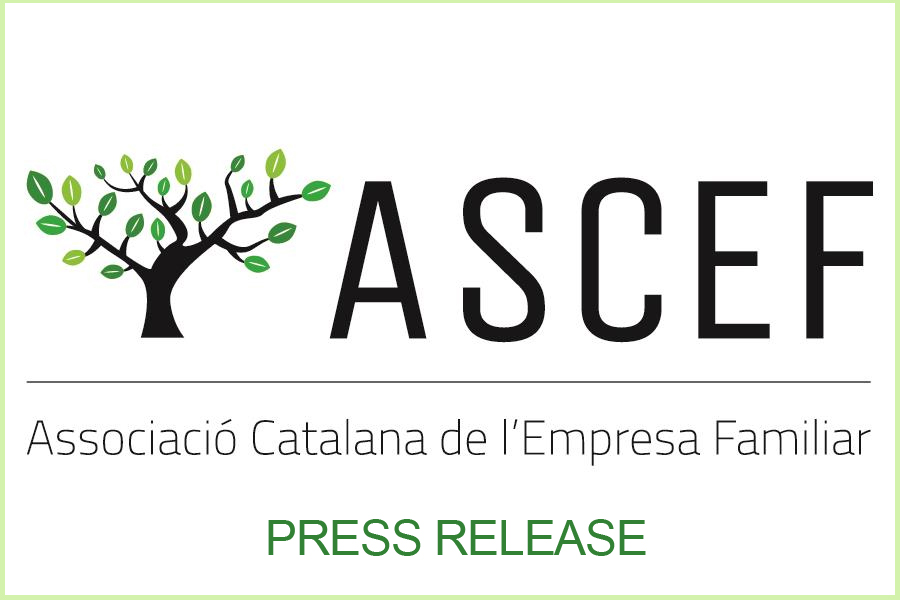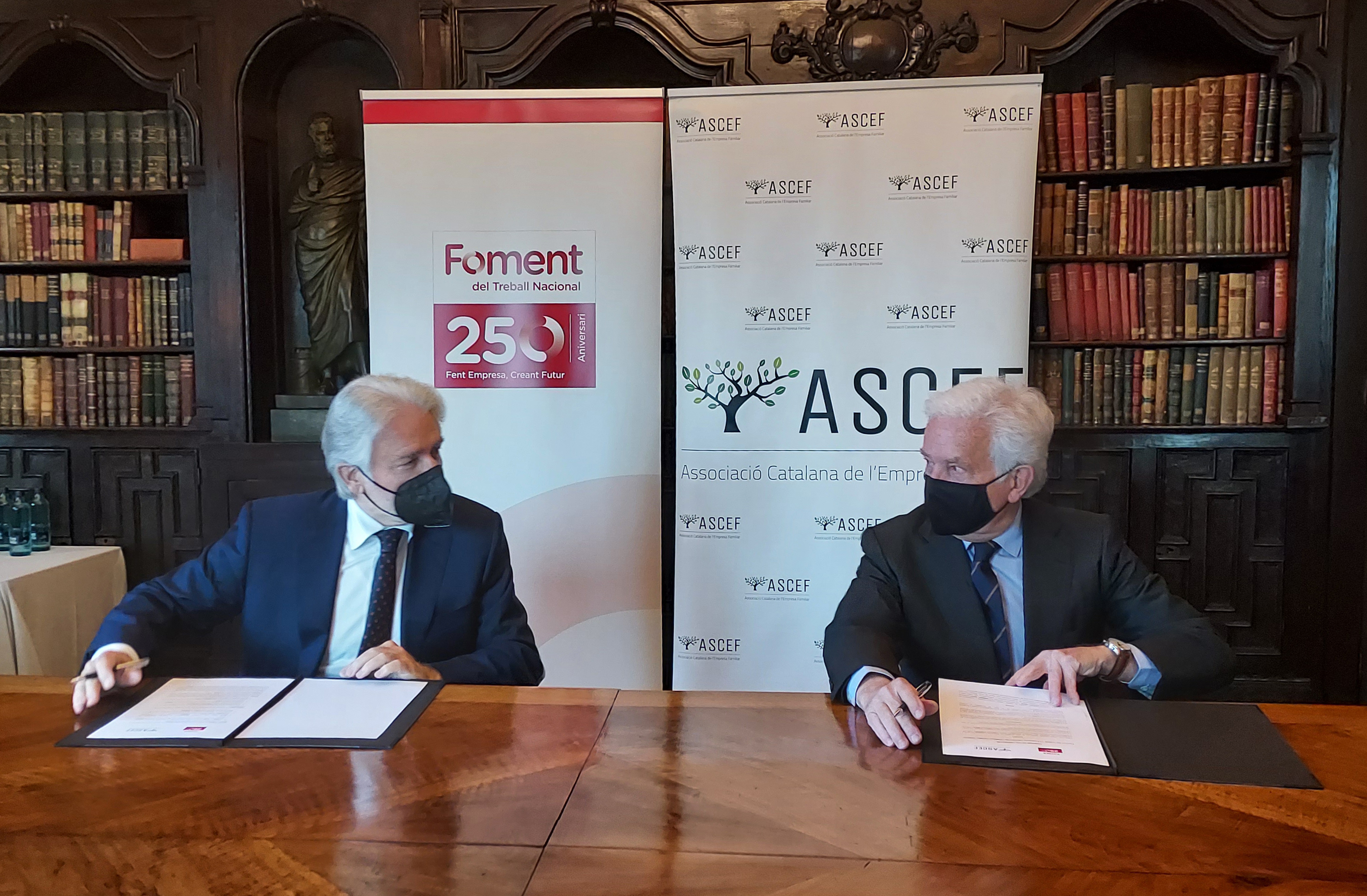The Catalonian Family Business Association (ASCEF) organized a conference, in collaboration with KPMG, entitled “Managing Resilience in the Family Business“, aimed at covering this family business trait when addressing not only global pandemics, but any kind of risk.
In his welcoming speech, ASCEF President, Amadeu Jori, pointed out that all companies acted “swiftly to protect themselves in the face of the great and sudden drop of activity caused by the pandemic.”. “Family businesses, making agile decisions, have shown their deeply resilient and resistant instinct embedded in its DNA which results from their commitment to sustain the entrepreneurial spirit over different generations“, Jori indicated.
Meanwhile, Manel Blanco, responsible associate for KPMG Family Business in Catalonia, added that “these family businesses also demonstrated a great ability for adaptation in the face of the crisis we have gone through“.
María Jesús Rico, KMPG Governance, Risk Management and Compliance associate, dug into the family business resilience and the key elements for its management, before, during and after the occurrence of a critical event. “Dealing with uncertainty demands immediate answers and rethinking mid to long term strategies and risks“, explained Rico, who underscored that “managing emergent risks with an impact on the business continuity remains a pending issue“.
In this way, in order to prepare for a potential critical event, Rico considers that it is important to start by analyzing our enterprise, working with a map of risks completed with a map of impacts, thus working on contingency approaches for situations of low likelihood, which, nonetheless, might have a great impact, as it is the case of the pandemics. This analysis, along with a work plan and its monitorization, should be already prepared when the unexpected event comes: “This will allow to make decisions in a swift manner with an eye on the future“, Mª Jesús Rico indicated.
The final part of the conference was also attended by Jordi Barri, CEO of Teresa Carles Healthy Foods, who shared her experiences and resilience strategy to address the uncertainty caused by the health crisis in the catering industry. Finally, the Director of the Family Business Department of Universitat de Girona, Pilar Marquès, took part to raise various questions aiming at digging into the company’s case.
